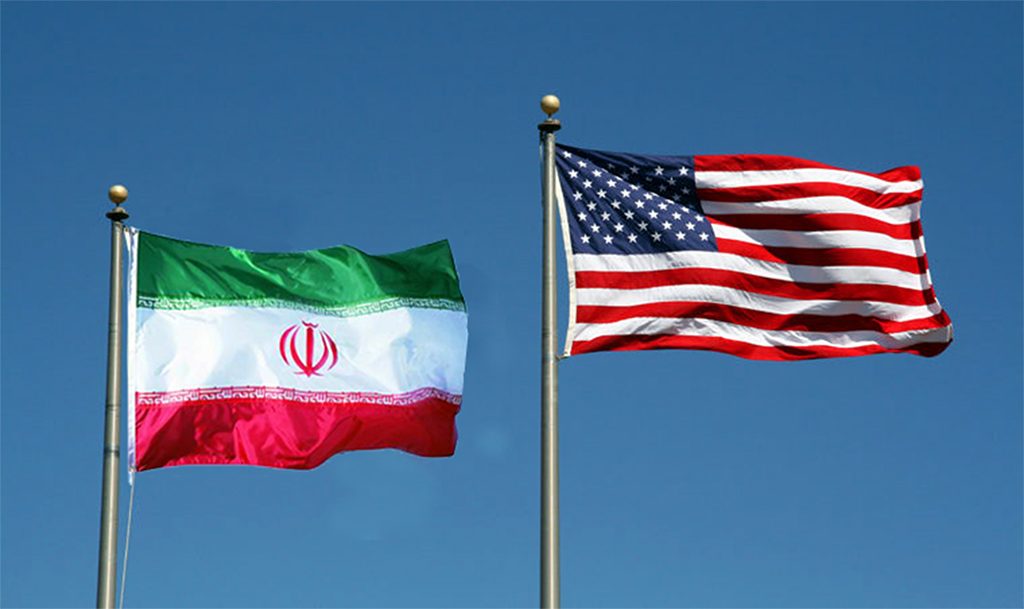The Gulf state has mediated the release of prisoners in numerous countries over the past years.
Qatar and the United Kingdom are reportedly mediating indirect talks between the United States and Iran over a possible prisoner exchange, four sources privy to the matter told NBC News on Wednesday.
The anonymous sources stated that the potential exchange aims to release American citizens imprisoned in Tehran. However, while there has been progress in the talks, prospects for a final agreement remain unclear.
Doha News has reached out to the Qatari government for a comment, but has yet to receive a response. However, a State Department spokesperson said Washington continues to work on seeking the release of Siamak Namazi, Emad Shargi, and Morad Tahbaz.
“As we have said, we have ways of communicating with Iran on issues of concern, including on the issue of releasing US citizens wrongfully detained in Iran. Those channels remain open, but we’re not going to detail them,” the state Department spokesperson added.
NBC further pointed to discussions between Washington and Tehran on a 2021 framework that would see the release of billions of funds frozen by the US in South Korea’s banks in exchange for the prisoners’ release.
If released, the funds would still be limited to food, medicine, and humanitarian matters. The potential arrangement would likely involve Qatar playing a role in overseeing the transfer of funds.
Tehran has long denied holding prisoners for political reasons and has ruled out using prisoner swaps as a precondition to restore the nuclear accord.
In a recent comment on prisoner exchange, Amir-Abdollahian told NPR this month that discussions were taking place on the matter with the help of third parties. While he did not mention Qatar, he said the UK represented the US in the discussions.
“The representative in question was in Iran in the past weeks, and we updated the agreement that we had back in March,” he said.
The Gulf state has mediated the release of prisoners in numerous countries over the years.
The US imposed crippling sanctions on Iran in 2018 as part of the former Donald Trump administration’s “maximum pressure” campaign against Tehran.
This saw the US unilaterally step out of the 2015 nuclear deal, formally known as the Joint Comprehensive Plan of Action (JCPOA), leading to heightened tensions between both sides.
Talks over the revival of the accord started in 2021 in Vienna but yielded no progress. Qatar stepped in last year by hosting another round of talks in its capital.
Tensions between the US and Iran increased as the former continued to impose further sanctions on Tehran, citing its support for Russia and crackdown on protesters in the Islamic Republic.
With negotiations facing what appears to be a stalemate, Doha maintained its contacts with both sides.
Last month, Sheikh Mohammed met with his Iranian counterpart Hossein Amir-Abdollahian in Tehran to deliver a message from parties involved in the nuclear talks.
A source with knowledge noted that the Qatari side had “conveyed messages from the US to the Iranians which included points on the prisoner release.”
Numerous reports had also emerged last year over a potential Qatari mediation to broker the release of Iranian-Americans and Iranian-Europeans jailed in Tehran.
According to a previous Reuters report, Amir-Abdollahian requested Qatar’s help during his visit to Doha in January last year.
“We’re ready to exchange our prisoners, but there are technical steps that need to be taken by the Americans. We are awaiting the technical steps to be taken,” added the Iranian official.
Last year, Oman and the UK helped release British-Iranian aid worker Nazanin Zaghari-Ratcliffe and dual national Anoosheh Ashoori. Muscat is also one of the key regional countries that have maintained good ties with Iran.
In October last year, Qatar helped lift the travel ban on American-Iranian citizen Baquer Namazi to allow him to receive medical treatment.
Iran had imposed a travel ban on Namazi, 85, after detaining him in 2016 when he travelled to Tehran in an effort to release his son Siamak, arrested in October 2015.
Both the father and the son received a 10-year prison sentence in 2016 and were convicted of espionage.
According to NBC, Namazi was imprisoned “longer than any other American in history.”







